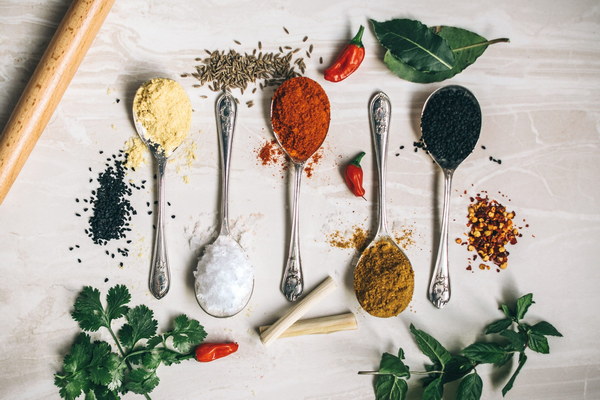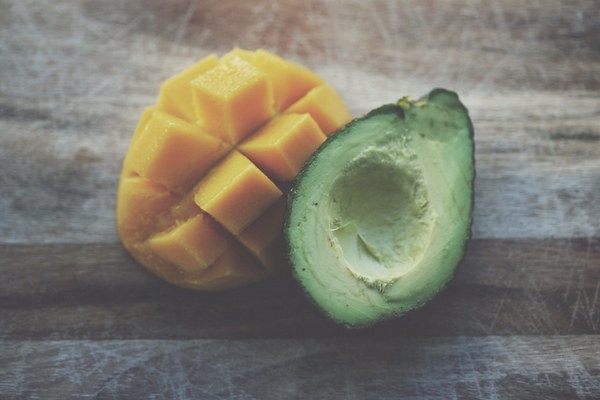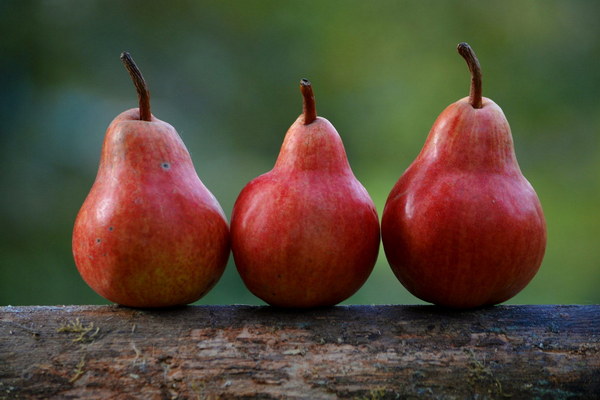Decoding the Aging Process An Overview of Current Anti-Aging Research
The pursuit of longevity and the reversal of the aging process has been a persistent human endeavor throughout history. As we delve deeper into the mysteries of aging, modern science has made significant strides in understanding the mechanisms behind this natural process and developing strategies to combat it. This article provides an overview of the current state of anti-aging research, focusing on recent advancements and future directions.
Aging is a complex and multifaceted process that encompasses numerous physiological and molecular changes. These changes include cellular senescence, DNA damage, inflammation, and the accumulation of metabolic waste products. Over the past few decades, researchers have identified several key players in the aging process, such as telomeres, sirtuins, and the insulin-like growth factor 1 (IGF-1) pathway.
One of the most significant discoveries in anti-aging research is the role of telomeres. Telomeres are protective caps at the ends of chromosomes that shorten as cells divide. When telomeres become critically short, cells can no longer divide and eventually die. Studies have shown that telomerase, an enzyme that extends telomeres, can slow down the aging process. Researchers are currently exploring ways to safely and effectively activate telomerase in human cells.
Another crucial factor in aging is the sirtuin family of proteins. Sirtuins are known as silent information regulators and play a role in regulating gene expression, DNA repair, and cellular metabolism. Several sirtuin activators have been identified, such as resveratrol, a compound found in grapes and red wine. By activating sirtuins, these compounds may help to extend lifespan and improve healthspan.
The IGF-1 pathway is another area of interest in anti-aging research. The IGF-1 hormone is crucial for growth and development, but it also plays a role in aging. By inhibiting the IGF-1 receptor, researchers have observed increased lifespan and improved health in various organisms. This has led to the development of drugs such as rapamycin, which is currently being tested in clinical trials for its potential anti-aging effects.
In addition to these molecular targets, researchers have been examining the role of diet and lifestyle in the aging process. Caloric restriction, a diet that reduces overall caloric intake, has been shown to extend lifespan in various organisms. This may be due to the activation of cellular stress response pathways, which help to protect against age-related diseases. Furthermore, exercise, sleep, and social interactions have also been linked to improved healthspan and longevity.
Despite these exciting advancements, there are still many challenges to overcome in the field of anti-aging research. One major obstacle is the difficulty in translating findings from animal models to humans. Many of the interventions that work in mice or other organisms have not been successful in human trials. Additionally, the complex and interwoven nature of the aging process means that a one-size-fits-all approach is unlikely to be effective.

Looking to the future, researchers are exploring a variety of approaches to combat aging. One promising area is the use of stem cells to regenerate damaged tissues and organs. Another is the development of nanotechnology-based therapies to deliver anti-aging drugs directly to target cells. Additionally, artificial intelligence and machine learning are being used to analyze vast amounts of data and identify new potential treatments for aging-related diseases.
In conclusion, the field of anti-aging research has made significant progress in recent years. By understanding the molecular mechanisms behind aging and developing new interventions, scientists are hopeful that they will eventually be able to extend human lifespan and improve healthspan. As we continue to unravel the secrets of aging, the future holds great promise for a healthier, longer-lived society.









